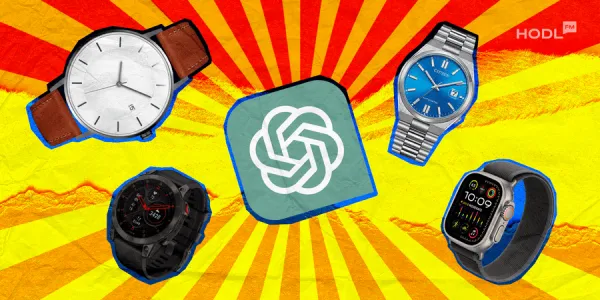Jack Dorsey is at it again, shaking up the digital world like it’s 2006. The Block CEO and Twitter co-founder just dropped the beta of Bitchat, a messaging app that doesn’t need the internet to keep you connected. Yes, you read that right. This thing runs entirely over Bluetooth. Welcome to the future, now without WiFi.
Dorsey casually revealed his weekend “hobby project” on X, saying he spent it digging into “Bluetooth mesh networks, relays, store and forward models, message encryption models,” and more. Honestly, that’s a lot of tech-speak for a weekend. I usually just binge a series and scroll aimlessly.
and here's an ugly whitepaper describing protocol: https://t.co/AhJ1y0jJdP
— jack (@jack) July 6, 2025
He described Bitchat as having “IRC vibes”, a nod to those pre-WhatsApp days when chatrooms were king and usernames were edgy. Think late ’90s internet, but resurrected with modern privacy features and zero patience for Big Tech snooping.
How Bitchat Works and Why It’s Kind of Brilliant
So what is Bitchat, exactly? According to the white paper (yes, there’s a white paper), it’s a decentralized peer-to-peer messaging service that operates over Bluetooth Low Energy (BLE) mesh networks. No central servers. No emails. No phone numbers. No creepy data harvesting. No thanks, Meta.
Your messages? They’re ephemeral, encrypted, and stored only in your device’s memory. No cloud. No snoops. It’s like Snapchat met Signal, then ghosted both for Bluetooth.
The app enables room-based group chats using hashtags and even supports password protection. Messages can hop from one device to another via a 30-meter Bluetooth range, with “bridge nodes” connecting clusters. Got a message for a friend who’s offline? A “store-and-forward” system caches it for later delivery. Pretty clever.
Depending on whether you’re messaging privately, broadcasting, or chatting in a group, the system encrypts accordingly. Larger messages are split into neat little 500-byte chunks, because size does matter when you’re bouncing between devices with no internet.
Messaging Use Cases That Make Sense
Dorsey isn’t building Bitchat just for the fun of it (though it does sound fun). The system is designed for real-world scenarios like conferences, protests, disaster zones, or basically anywhere the internet is flaky, censored, or downright absent.
Oh, and there’s more coming. Future versions might work over WiFi too, meaning more bandwidth for sending cat videos in remote forests or coordinating meetups in internet blackout zones.
This all proves one thing: secure, private messaging without centralized infrastructure isn’t just possible, it’s already here. As Dorsey’s white paper boldly states,
“Bitchat provides resilient communication that works anywhere people gather, regardless of internet availability.”
And let’s not forget: Dorsey isn’t new to this game. He once ran Twitter, and he also launched Bluesky back in 2019, another attempt at shaking up the social media landscape. Though he mysteriously left the Bluesky board in May 2024 (drama, maybe?), it’s clear he hasn’t lost his passion for decentralized communication.
One thing’s for sure: next time you’re off the grid, stuck at a festival, or just don’t want your convos ending up in a corporate database, Bitchat might be your new best friend.

Disclaimer: All materials on this site are for informational purposes only. None of the material should be interpreted as investment advice. Please note that despite the nature of much of the material created and hosted on this website, HODL FM is not a financial reference resource, and the opinions of authors and other contributors are their own and should not be taken as financial advice. If you require advice. HODL FM strongly recommends contacting a qualified industry professional.





